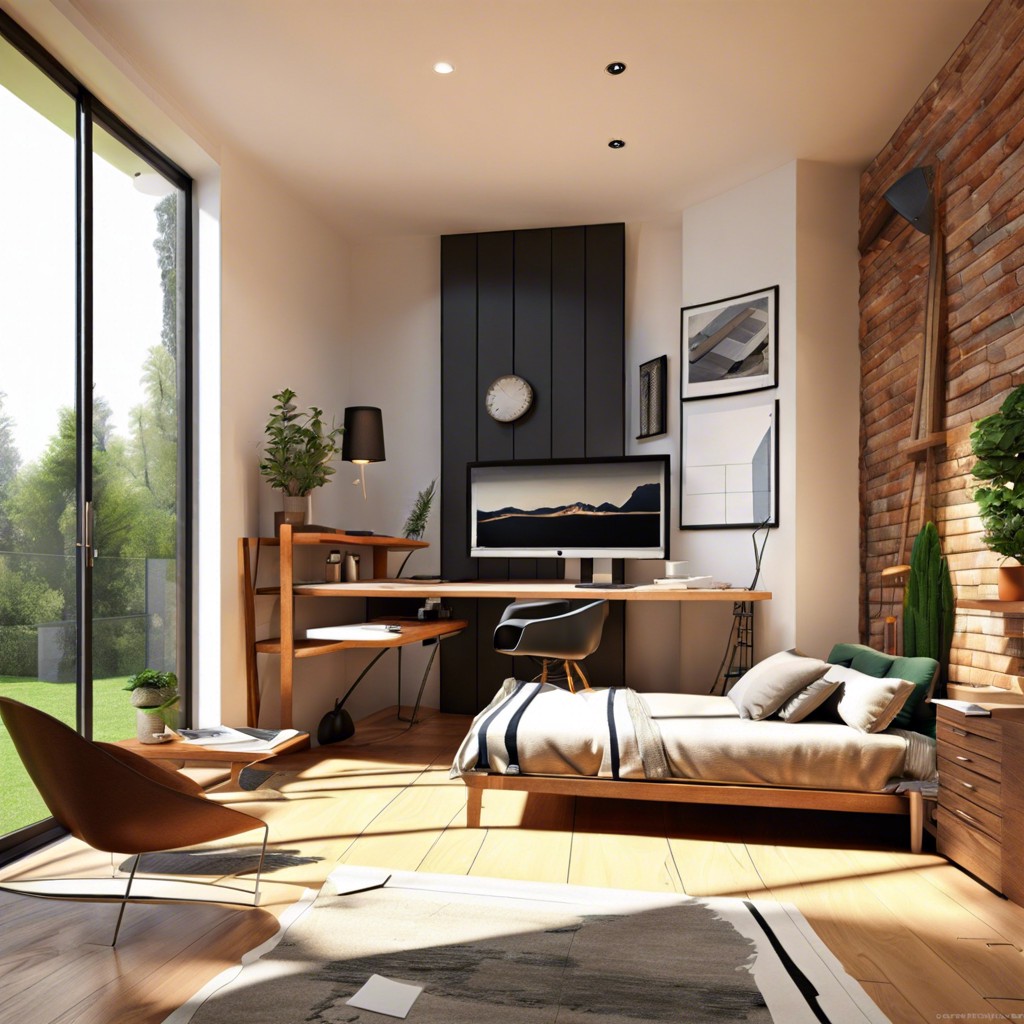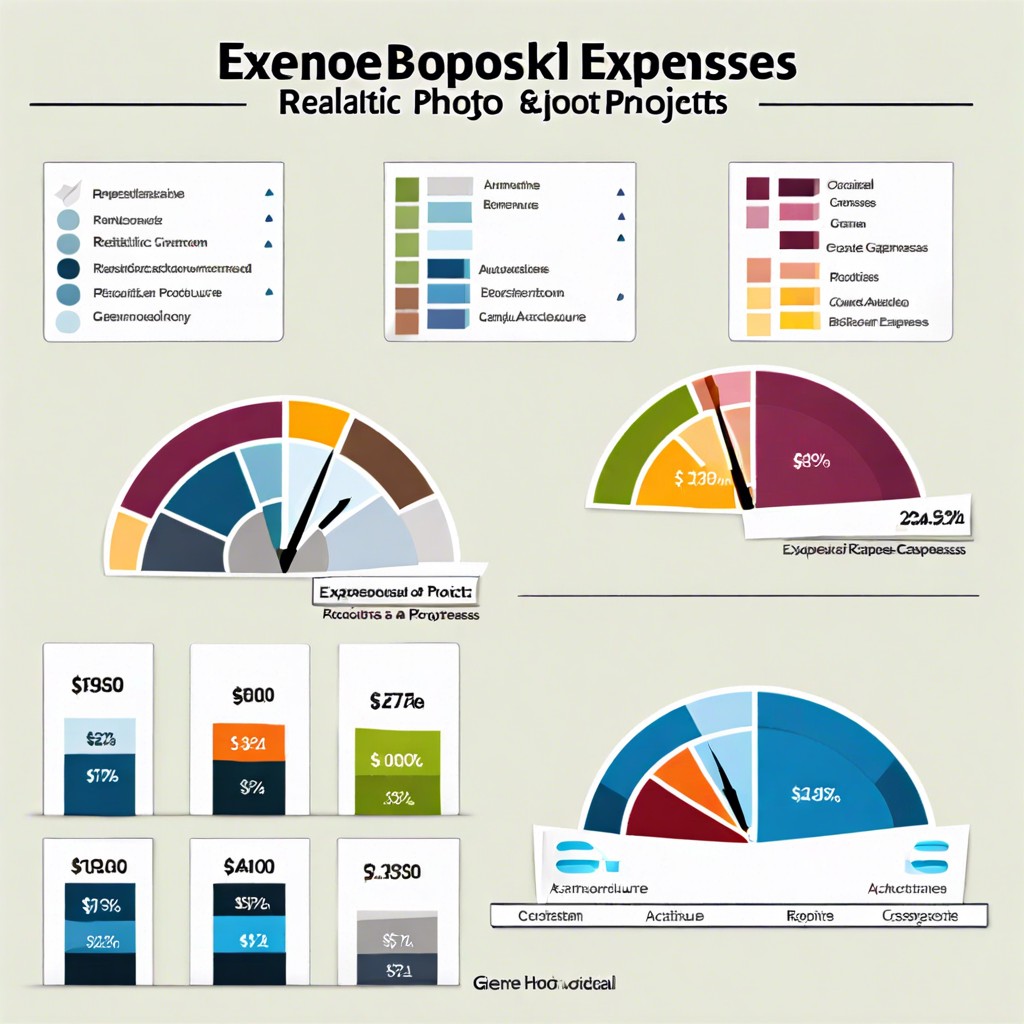Last updated on
Want to know how much hiring an architect will set you back and how to sneakily trim those costs? 🏡 Read on!
Architect costs. Ah, the dread! We all know it—like that one sock that’s always missing after laundry day. But instead of giving you the same old spiel, I’m bringing fresh, out-of-the-box ideas.
Think of this as a treasure hunt for your wallet. Let’s dive into some zany yet practical ways to keep those costs from draining your bank account dry.
Cost Per Square Foot

Cost per square foot gives a straightforward estimate of architectural costs based on the size of the project. It is commonly used as a starting point for budgeting discussions.
Hourly Rate

Architects sometimes charge based on the number of hours they work on a project. This hourly rate can vary depending on the architect’s experience and location.
Fixed Fee

Fixed fee is a predetermined amount agreed upon for architectural services regardless of project scope. It provides cost certainty from the outset, eliminating surprises for the client.
Percentage of Project Cost

Architects may charge a percentage of the total project cost, aligning their fee with the complexity and scale of the project. This method ensures that as project costs increase, the architect’s fee also elevates accordingly.
Retainer Fee Structure

Retainer fee structure: Clients pay an upfront fee to secure ongoing availability for architectural services, akin to a subscription model. This approach offers clients prompt access to an architect’s expertise and ensures dedicated attention throughout a project’s duration.
Design-only Packages

Design-only packages offer clients the option to engage architects solely for design work without further project involvement. This allows flexibility and cost control for those seeking professional design input.
Phased Payments

Phased payments involve breaking down an architect’s total fee into installments based on project milestones. This payment method helps manage cash flow and ensures progress aligns with payments made.
Performance-based Fees

Performance-based fees in architecture involve payment based on predetermined project milestones or achievement of specific goals, aligning the architect’s compensation with project success. These fees incentivize architects to deliver high-quality work efficiently.
Value-based Pricing

Value-based pricing involves setting fees for architectural services based on the perceived value to the client, rather than time or resources spent on the project. This approach aligns the architect’s compensation with the benefits and outcomes the client expects from the design.
Sliding Scale Fees

Sliding scale fees adjust based on project scope or budget changes, offering flexibility for architects and clients to adapt as needed. This pricing structure ensures fairness and transparency in cost, aligning payment with project progress.
Subscription Model

In a subscription model, clients pay a regular fee for ongoing architectural services without a fixed project scope. This allows for continuous access to the architect’s expertise and advice as needed.
Modular Pricing

Modular pricing allows for customization and flexibility in selecting specific design packages. This pricing structure tailors costs based on the components chosen by the client.
Pro Bono With Profit Sharing

Pro bono with profit sharing offers free architectural services in exchange for a share of the project’s profits. This model aligns the architect’s success with the client’s success.
Lump Sum Contract

A lump sum contract involves a fixed total price for all architectural services provided without itemized breakdowns. This type of contract can help clients budget more effectively for their architectural project costs.
Base Fee Plus Extras

Base fee plus extras in architecture refers to a pricing structure where clients pay a set amount as a base fee and additional costs for any extra services or changes. This model allows flexibility for clients to tailor their services to fit their specific needs and budget.
Table of Contents




